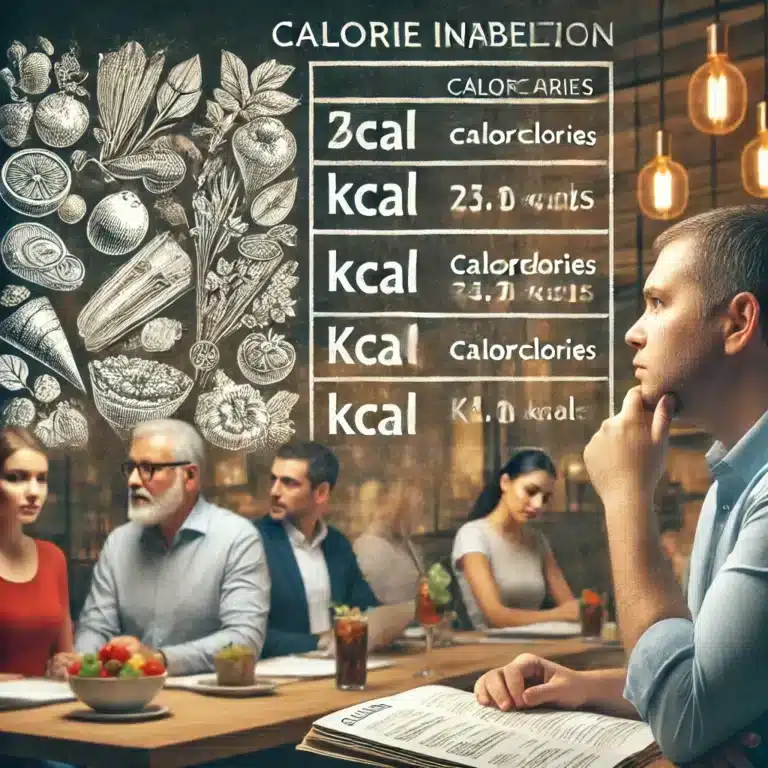Summary
-
To address obesity, the English government has implemented a strategy that includes mandatory calorie labeling in restaurants and other out-of-home food sector establishments.
-
Research suggests that calorie labelling could change the behaviour of consumers in a modest way and motivate product reformulation.
-
Most of the UK public like proper food labeling but some have warned callorie counting is bad for people with eating disorders.
- A recent study showed that calorie labelling can exert both negative and positive effects on individuals who have eating disorders, with some individuals encountering anxiety, guilt and shame regarding food choices.
- Further studies are needed to assess the effect of calorie labelling on persons with eating disorders.
England introduced a new rule in April 2022 requiring all restaurants, cafes and other food outlets to display the calorie count of foods sold on their menus. The idea behind this is that people would be making healthy choices in regard to food. The UK government said it tried to address the obesity crisis by creating a policy that would allow people to see how many calories are in their food. This rule covers companies with 250 or more employees that sell food-to-go, the announcement explains. The menu labelling must show the calorie content of food and drink in kilocalories (kcal).
Studies found a small overall effect on the number of calories people bought by calorie labelling menus in the United States, Canada and Australia. On the other hand, it did generate ingredient adjustments among businesses to modify their recipes and reduce calories in items. Overall, people favored this practice and wanted to see calories on menus.
Despite the positive response, there were some who highly resisted calorie count, especially those with eating disorders. Some expressed concern that doing so would exacerbate disordered eating and guilt/shame. Health campaigners and organisations working with people experiencing an eating disorder warned that the calorie labelling may exacerbate problems for those with a troubled relationship to food.
New research has explored perceptions of calorie labelling on menus among individuals experiencing eating disorders. But the study found that some people may hyper-focus on calories, limit what they eat and become more anxious about food. Others were even angry, interpreting it as a public health message which had contributed to the development of their eating disorders.
However, there were some positive effects of calorie labelling. For a subset of individuals, the display of calorie information seemed to foster control and accountability around what they were eating. This kept them from over eating and feeling guilty afterwards. For many, though, this control became a negative aspect of their restrictive eating habits.
The Government in the UK is aware that people with eating disorders might struggle to see calorie information. If requested, businesses are permitted to give menus without calorie counts. But there is sporadic evidence that they might not always offer calorie-information menus. For someone suffering from an eating disorder, this can be frustrating and draw unwanted attention to their struggles.
To conclude, while calorie labelling on menus is set to provide a great service in aiding individuals with making healthier choices and addressing obesity, it should be considered under the light of how this may unpredictably affect those who are already suffering from eating disorders. It is necessary to balance the requirements of a general population with those who have eating disoders. If this is a clear indication of some people demanding differing information to others, perhaps introducing both calorie-mandated and non-calorie mandated menus may be a step towards catering for everyone. It is now being recognised that further research will be needed to understand the impact of calorie labelling on relevant sub-groups, including those with eating disorders and obesity.
Source link
Psychiatry & Mental Health, Public Health & Prevention


